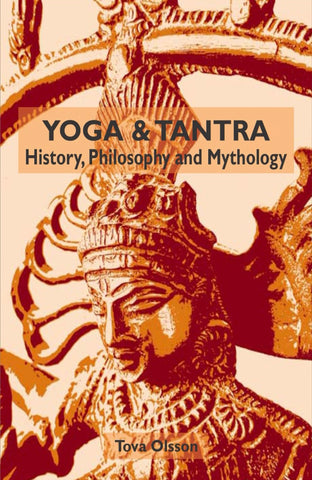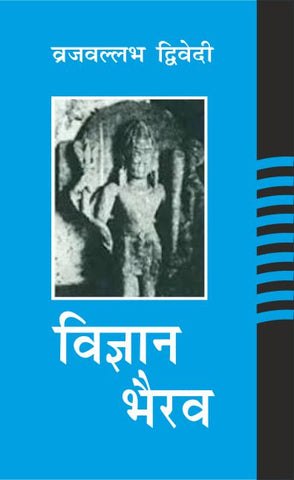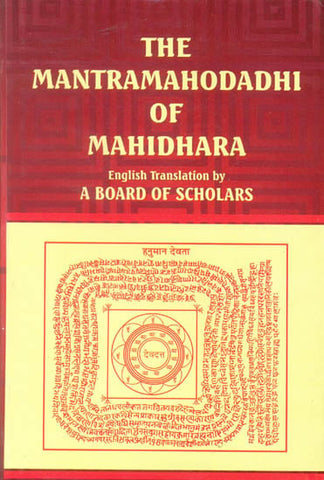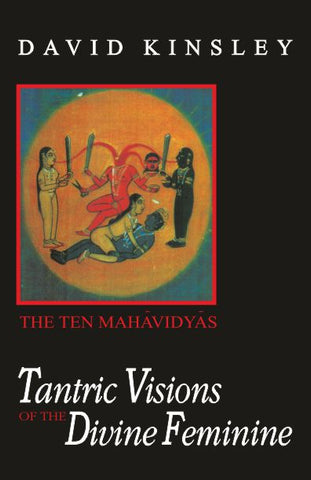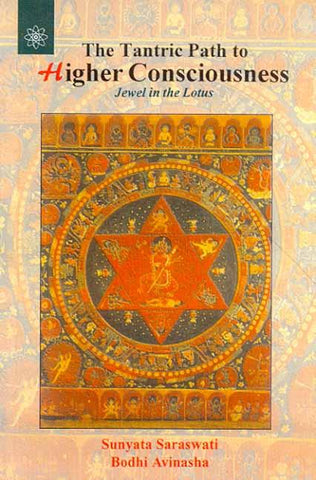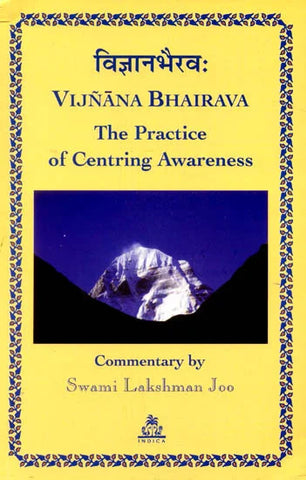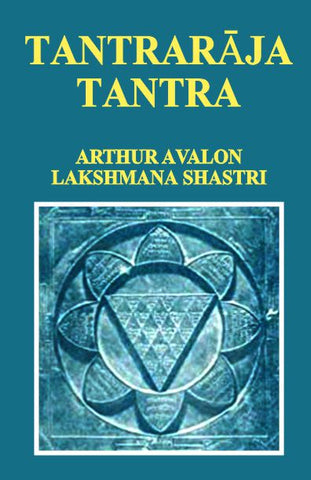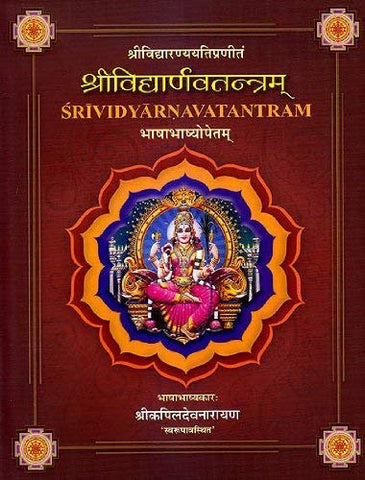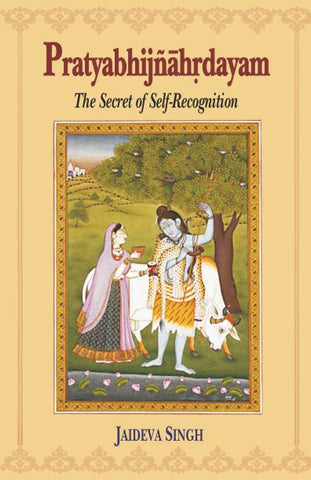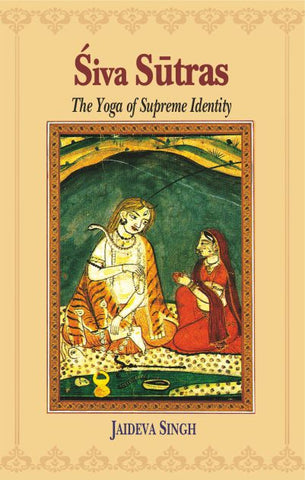Your cart is empty now.
The Pauskara, belonging to the class of literature generally known as Tantra or Agama. Is an important text for the comprehension of Saiva philosophy. The seventh Chapter of its doctrinal section (jnanapada) is not only a remarkable source of information on saiva epistemology, but also a gold-mine of significant elements valuable for the study of early Indian logic. Umapati’s commentary on this chapter introduces new features, sometimes in a post-15th century Navyanyaya dialectical style, and bears testimony to the evoulation of saiva epistemology.
This translation aims to bring on important aspect of Saiva philosophy to the attention of scholars and to facilitate comparative studies of Saiva epistemology
Usha Colas-Chauhan studied Indian philosophy (M.A, Radhakrishnan Institute for Advanced Study in Philosophy, University of Madras) and Sanskrit (Ph.D.,Department of Sanskrit, University of Madras). Her fields of research are Indian philosophy and manuscriptology.
I wish to acknowledge the help of Professor R. Balasubramanian, who readily accepted to discuss the thorny problems of the text and offered suggestions for improving the translation. I am grateful for his continued encouragement and interest in my work. I am also thankful to Professors S. Sankaranarayanan and K. E. Devanathan who kindly elucidated several passages of the text in Nayvyanyãya style.
I am indebted to Professor P.-S. Fihiozat for his valuable comments on the first draft of the translation and Professor N. R. Bhatt for his affectionate counsel. I thank Professor K. Bhattacharya for clarifying several doubts about the defmition of vyãpti, Dr. J. Ganeri for his suggestions on the translation of the prãmãnya section, and Pandit T. K. Chayapathi Sarma for his help in understanding several passages of the text.
I thank the Institut Français de Pondichery for allowing me to photocopy .and use the transcript of Jflanaprakãa’s Pauskaravrni. The translation of the prãmãnya section was printed as an article entitled “Umãpati on prãmanya” in the Journal of Indian Philosophy (vol. 30, no. 4, August 2002). I thank the editor and publishers for permission to include it here.
Umäpati, the author of the commentary (bhdsya) on the Pauskaratantra, is generally ‘identified with the 14th-century aiva preceptor Umãpati who wrote several major aiva doctrinal texts in Tamil.’ But S. S. Suryanarayana Sastri2 drew the attention of scholars to the fact that the Pauskarabhãsya refers to the Nyãyãmrta, a 16th-century Dvaita work. He proposed three possible explanations for this fact: the existence of another earlier Dvaita work bearing the same name as that of the 16th century work, the interpolation of the reference to the Nyayamrta in the Pauskarabhãsya and finally, rejection of the idea that the Umãpati of the 14th century was the author of the Pauskarabhãsya. To this, B. N. K. Sharma replied3 that there was only one work called Nyãyãmrta in Dvaita literature, the one written by Vyãsaraya (l478-1539), that the partly misquoted Nyayämrta verse did not seem to be an interpolation in the Pauskarabhasya and that, as a consequence, the attribution of the Pauskarabhãsya to a 14th century author needed to be reconsidered.
Sharma also argued that the expression “the followers of Madhva” (rnãdhvãh) could not have become current during the lifetime of Madhva (1238-1317) and that Umapati, who employs that expression (in PauskaraBh on 7.6’), must therefore belong to a later period. He pointed out that the polemical style of the Pauskarabhãsya, similar to that of the 15th and 16th century dialectics, supported the idea that it was composed at a later date. Sharma concluded on these grounds that Umãpati, the author of the Pauskarabhãsya, was different from the Umapati who composed the Tamil aiva text Cankapanirãkaranam in 1313, and that the author of the Pauskarabhãsya “lived probably about the close of the XVI century”.
Sharma’s supposition about Umapati’s date is confirmed by a study of the Pauskarabhãsya. The style and argumentation of this commentary on the chapter on epistemology (pramanapatala) prove that its author was acquainted with the method and technical terminology of navyanyaya developed by Gañgea (1320 A.D.)1 in the Tattvacintãmani. For instance, the inference formulated in the Pauskarapramãnapata labhãsya to establish indeterminate perception (nirvikalpakapralyaksa) is the same as that which was proposed for the first time2 by Gangea.3 Its discussions of the validity of cognition (,prãmãnva),4 inherence (samavãya), 5 cognition of absence (abhavapratyaksa)6 and means of apprehending invariable concomitance (vyãptigrahopãya)7 closely follow those of Gañgea. Its demonstration which establishes kabda as an independent prãmãfla is strikingly similar to that of the Tattvacintãmai
Umapati also seems to be acquainted with several commentaries on the Tattvacintãmani. For example, his definition of the validity of cognition is obviously based on the Tattvacintàma2i definition as developed by Pakadhara (1500 A.D.) in the TattvacintãmalYal0kc he also adopts Pakadhara’ s definition of qualifier (prakãra ) . His interpretation of the inferences which establish the extrinsic origin of validity4 and perceptibility of absence5 follows that of Paksadhara, for he adopts Pakadbara’s expressions explaining the purpose served by the constituents of the inference (dalaprayofafla). It appears that Umãpati was also aware of the of Rucidatta (1505 A.D.). For example, he borrows Paksadhara’s inference to prove the perceptibility of absence as improved by Rucidatta.6 His stand that the cognition of non-contradiction (abadhitatvaPramã) produces validity in inference7 follows that of Rucidatta, who introduced it into his commentary on the TattvacintãmaFii.8 Umapati also seems to be aware, directly or indirectly, of the refutation of the Tattvacintãmani by Vyãsarãya (1478-1539). For example, he refers to two objections against the thesis that true consideration (yatharthalingaParamar) produces validity in inference.9 These are among the objections raised by Vyasarãya against the Tattvacintãmani in his Tarkatãndava.’ That Umapati knew Vyãsarãya’s other works is evident from his reference to the Nyayãmrta verse mentioned above. Thus, it may be concluded that the author of the Pauskarabhãsya belonged to a period later than the first half of the 16th century and that he is not the same as the Umãpati who wrote the Cañkarpanirãkaranam in 1313.
Umãpati occasionally records alternative interpretations of Pauskara verses in his commentary.2 Although two such interpretations in the pramãnapatala match Jñãnaprakaa’s Vrtti on the same verses,3 it is not possible to conclude, without a complete examination of the two commentaries, whether the reference here is to Jñãnaprakãa’s commentary, or to another written or oral tradition. If these are proved to refer to Jñãnaprakaa’s commentary, it would confirm that Umãpati’s commentary postdates that of Jflãnaprakãa, who belonged to the 16th century.
One of the five introductory verses of the Pau..ckarabhãsya announces the name of the author4 but does not provide any information about him. The colophon of the edited text, however, is replete with references to different episodes of the life of Umãpati, the 14th-century Tamil author-preceptor. In the light of the above discussion about the author of the Pauskarabhãsya, the colophon of the edited text should be considered spurious.5 Neither is there any evidence to prove that Umãpati, the author of the Pauskarabhã ya, belonged to South India.
Umãpati, the author of the Pauskarabhãsya, is accredited with authorship of the ataratnasamgraha’ and a Sanskrit commentary on it, the ataratnollekhani.2 But the &ztaratnasarngraha, which is a compilation of about hundred verses collected from eleven aiva texts known as Tantras, mentions the name of neither the compiler nor the compilation.3 In the absence of any definite internal or external evidence about its author, all discussion about his identity can only be conjectural, and pointless for the present purpose. As regards the tataratnollekhani, it is evident from its introductory verses that the commentator, who does not mention his name, is not the same as the compiler because he distinguishes himself from the compiler, whom he names Umäpati.4 The commentator also refers to the latter as sam- grahakara in a maimer which sugests that they are different.’ Above all, the a taratnollekhan i sometimes reproduces, verbatim and without acknowledgement, passages from well-known commentaries on different aiva works.2 This also renders difficult the attribution of this work to an author of the stature of Umãpati, the commentator of the Pauskzra. Three more Sanskrjt works, rimannatarãjasahasranãmabhãsya, Pãtañjalasatrabhasya and Vayusaizhitdbhãsya, are attributed to Umãpati by the editor of the Pauskarabhãsya.3 Umãpati is also said to have written various hymns and commentaries on religious texts.4 But the identity of the author(s) of these works with that of the Pauskarabhãsya remains to be proved.
| Acknowledgments | vii |
| Introduction | 1 |
| Translation | 51 |
| Text | 215 |
| Abbreviations and Bibilography | 291 |
Delivery and Shipping Policy
- INTERNATIONAL SHIPPING
- Rs.1000-1100/kg
- ESTD. Delivery Time: 2-3 weeks (depending on location)
- Bubble Wrapped with Extra Padding
- NATIONAL SHIPPING
- NCR: Rs. 30/half kg
- Standard: Rs. 80/half kg
- Express shipments also available on Request
- ESTD. Delivery Time: Ranging from 1-4 days up to 7 business days (Depending on your choice of Delivery)
- TRACKING
- All orders; national or international, will be provided with a Tracking ID to check the status of their respective orders
- Depending on the Shipping Service, Tracking ID may be used on their respective tracking portals
Frequently Asked Questions (FAQs)
Domestic Shipping: 3-4 Days (after shipping)
International Shipping: 1-2 weeks (based on your location)
You will receive an email once your order has been shipped or you can email us if you didn't receive tracking details (info@mlbd.co.in)
Every book that we sell is the latest edition except all the rare books
Yes, we do provide free shipping, only on domestic orders (within India) above Rs.1500


